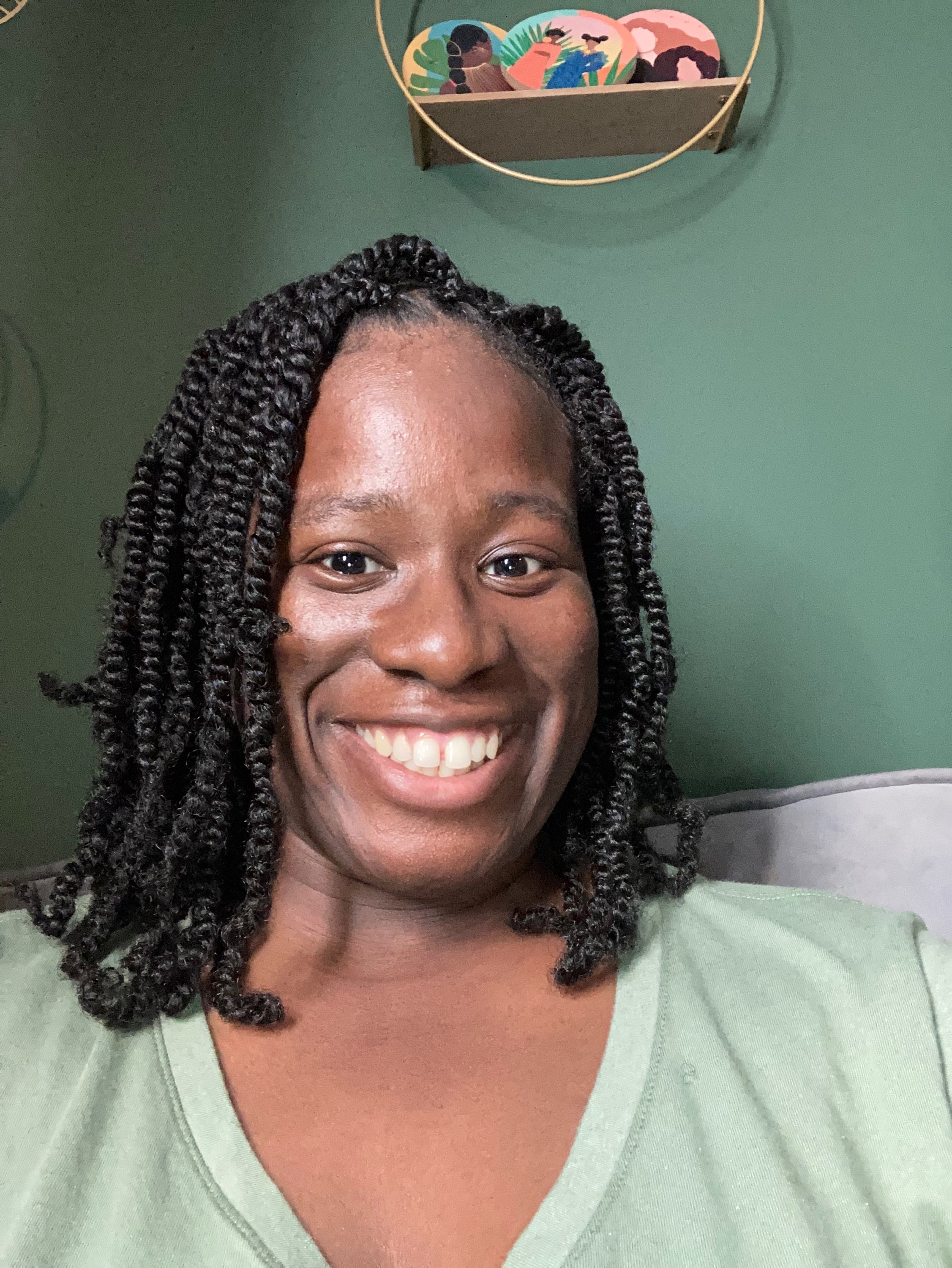Human Rights: Our Guiding Compass to build back better
- Amanda I
- Dec 16, 2020
- 4 min read
Updated: Apr 2, 2023
People from every corner of the globe commemorated International Human Rights Day on December 10, which was this past Thursday. Thursday marked 72 years since the General Assembly introduced the monumental Universal Declaration of Human Rights (UDHR) document under the United Nations' auspices.
Former activist and First Lady of the United States Eleanor Roosevelt played a vital role in its establishment. Despite her significant contributions to its conceptualization, there was an eclectic assortment of noteworthy, lesser-known women leaders who also created the UDHR document. Hansa Mehta was a female delegate to the UN Commission on Human Rights between 1947-1948, originally hailed from India.
She was also a fervent advocate for gender equality and human rights for all. A new fact I learned about Mehta is that she is laudably credited for altering the original text "All men are born free and equal" to "All human beings are born free and equal." This contribution illustrates Mehta's immortality of Article 1's significance outlined in the Declaration for subsequent generations to come. The latter phrase conveys the gender-inclusive language and universality that accurately reflects the concept of human rights.
Another unknown and eminent female delegate contributing to the Declaration's conceptualization was Begum Shaista Ikramullah, originally from Pakistan. She served as a delegate to the General Assembly's Third Committee on Social, Humanitarian, and Cultural Affairs in 1948. Begum was a perfervid, dedicated advocate of equal rights for both men and women in the sphere of marriage rights applicable for a marital union's entire duration; marriage equality is denoted in Article 16 of the Declaration.
Bodil Bagtrup, the former Chairperson of the Commission of the Status of Women (CSW) from 1946-1947, also advocated for gender-inclusive language to be utilized throughout the UDHR document accurately reflect the notion of human rights for everyone. Other notable female activists, such as Marie-Helene Lefauchex, Evdokia Uranova, and Minerva Bernando, strongly advocated for gender parity between men and women.
I had the great pleasure of watching a special entitled "Recover Better: Stand up for Human Rights" hosted by the Office of the High Commissioner of Human Rights(OHCHR) organization. The program highlighted ordinary citizens from various countries worldwide who have applied the notion of human rights to enable individuals from marginalized groups to become empowered with the appropriate resources and knowledge to safeguard against the virus properly.
One country highlighted was Tunisia. An issue detected was sign language interpretation did not exist for hard of hearing individuals. As a result, it has been nearly impossible for this marginalized group to keep abreast of new knowledge about the virus and safety precautions to avert the virus's transmission. One ordinary Tunisian citizen took it upon herself to study sign language to serve deaf and hard-hearing individuals more effectively. I admired her tenacity and compassion to make an invaluable difference in people's lives.
Another country highlighted in the OHCHR special was Jamaica. This segment centered around a primary school teacher who continues to teach her students under these trying circumstances. Every day, she and a few other instructors go out into the local parishes to deliver lesson plans to students utilizing chalk and a blackboard. Primary age students from different levels come out and manually copy her lessons from the blackboard to keep learning while under quarantine. I was very impressed with her students' primary teacher's ingenuity, compassion, determination, and empathy. Even under stringent lockdown measures, she still found a way to keep her students engaged in learning.
Overall, the Human Rights day commemoration produced many emotions for me. I felt inspired, optimistic, and more determined than ever to make a difference in people's lives. I have a firm understanding of the kinds of human rights I'm entitled to as set forth by the Declaration. There were myriad, valuable key takeaways I obtained from watching the UNHCR commemoration special. One takeaway is the COVID-19 pandemic has exposed new and existing inequalities affecting diverse, vulnerable populations. The digital divide is a prime example of an injustice that has manifested throughout the pandemic. Unsurprisingly, children from low income and middle-income countries have sorely born the burnt of this inequity.
A second key takeaway I got from the special was the lack of preparation and weak infrastructure of health care systems in almost every country. We have all suffered needlessly in some way or another, and the high death rates could have been prevented. Using a business-as-usual approach is counterproductive and is unsustainable in the long run. This type of approach has proven time and again that it can destroy our environment, economy, and population.
A third crucial takeaway I obtained from the special is the strong emphasis on the necessity of respecting people's human rights. Human rights violations compromise our overall well-being and are noxious to our lives. They can destroy the fabric of society connecting the human race. The COVID-19 pandemic has taught us that we all belong to one race: the human race. Although the UN Declaration of Human Rights document is timeless and influential, it is not legally binding. Therefore, it is aspirational and idealistic in terms of its presentation. As we have witnessed, human rights violations continue to afflict suffering for individuals from marginalized groups, such as women, girls, minorities, and so forth. A few prime examples of human rights violations that occurred this year were the unlawful, merciless killing of George Floyd and the impunity granted to the police officers responsible for Breonna Taylor's death.
Protest signs Photo Courtesy of OCHR website
Photo courtesy of WiX Media
Sources:
Nations, U. (2020). Human Rights Day. Retrieved December 9, 2020, from https://www.un.org/en/observances/human-rights-day
Nations, U. (20). Human Rights Day - Women who shaped the Universal Declaration. Retrieved December 11, 2020, from https://www.un.org/en/observances/human-rights-day/women-who-shaped-the-universal-declaration
Human Rights(Office of the High Commissioner), U. (2020). 10 December: Human Rights Day: Stand up for human r... Retrieved December 10, 2020, from https://www.standup4humanrights.org/en/humanrightsdays2020.html











Comments